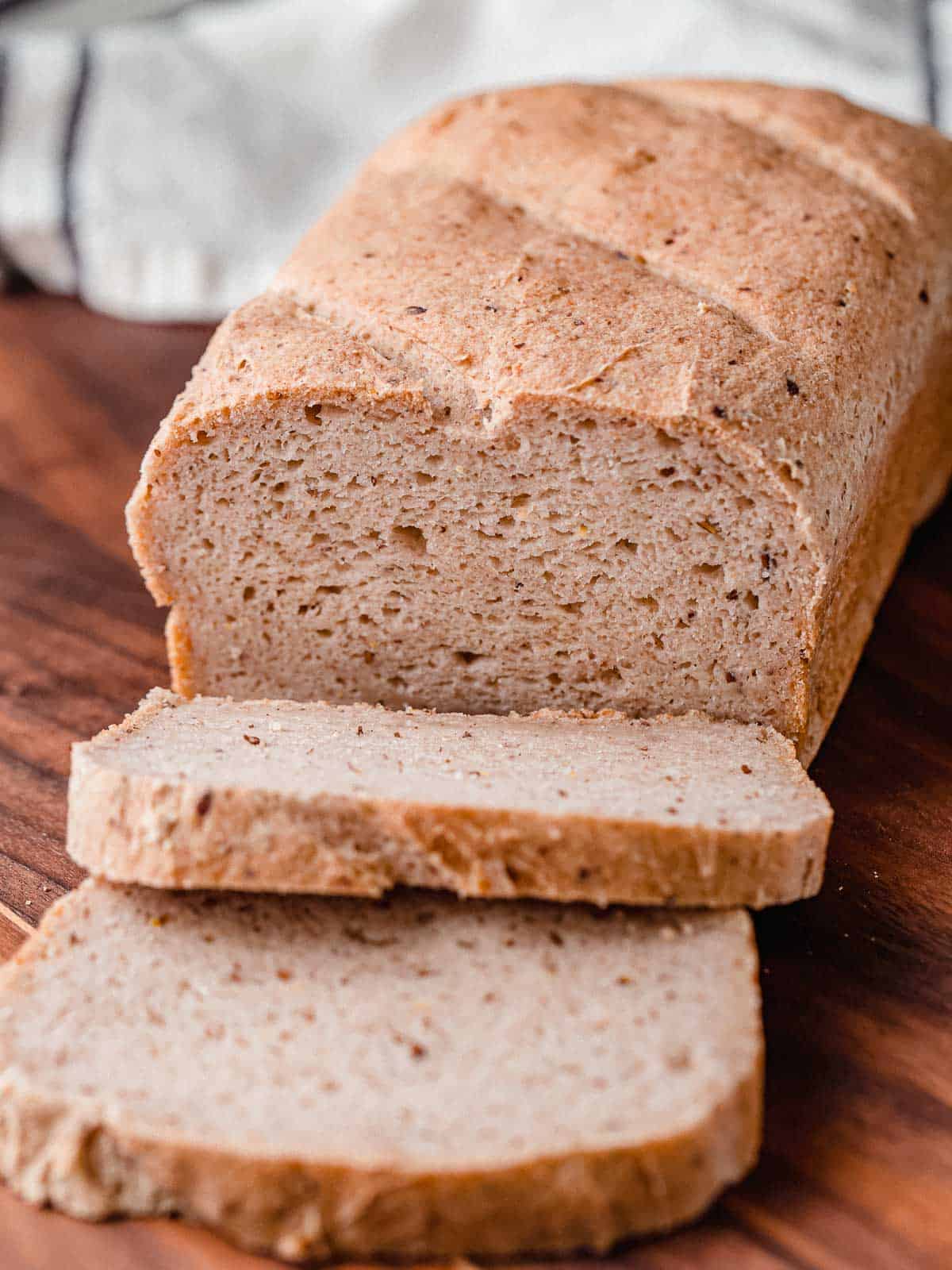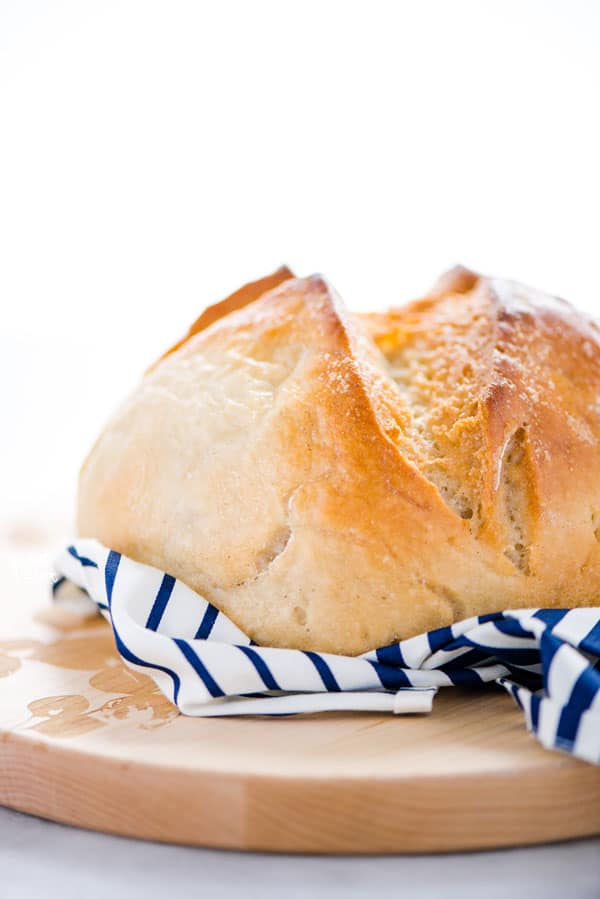Learn about sourdough bread, its gluten content, and whether it's safe for people with gluten sensitivity.
What is Sourdough Bread?
Sourdough bread is a type of bread made from fermented dough. It has a tangy flavor and chewy texture. The fermentation process uses natural bacteria and yeast.

Credit: littlespoonfarm.com
How is Sourdough Bread Made?
Sourdough bread is made using a "starter." A starter is a mixture of flour and water. Natural bacteria and yeast ferment the mixture. This process takes time, often several days.
- Mix flour and water to create a starter.
- Let the starter ferment for several days.
- Add more flour and water to the starter to make the dough.
- Let the dough rise before baking.

Credit: www.whattheforkfoodblog.com
What is Gluten?
Gluten is a protein found in wheat, barley, and rye. It gives dough its elasticity and helps it rise. Gluten is what makes bread chewy.
| Grain | Contains Gluten? |
|---|---|
| Wheat | Yes |
| Barley | Yes |
| Rye | Yes |
| Oats (cross-contaminated) | Yes |
| Rice | No |
| Corn | No |
Is Sourdough Bread Gluten-Free?
Sourdough bread is usually made from wheat flour. Wheat flour contains gluten. So, traditional sourdough bread is not gluten-free. However, the fermentation process breaks down some of the gluten. This makes it easier to digest for some people.
Sourdough Bread and Gluten Sensitivity
People with gluten sensitivity may tolerate sourdough better. The fermentation process breaks down some gluten. This can make it easier to digest. But sourdough bread is not safe for people with celiac disease.
- Gluten sensitivity: Might tolerate sourdough.
- Celiac disease: Should avoid sourdough.
Gluten-Free Sourdough Bread
There are gluten-free sourdough breads. These breads use gluten-free flours. Examples include rice flour, corn flour, and almond flour. These breads are safe for people with celiac disease.
- Rice flour
- Corn flour
- Almond flour
Benefits of Sourdough Bread
Sourdough bread has many benefits. It is easier to digest for many people. The fermentation process creates probiotics. These are good bacteria for your gut. Sourdough also has a low glycemic index. This means it doesn't spike your blood sugar.
- Easy to digest
- Contains probiotics
- Low glycemic index
How to Make Gluten-Free Sourdough Bread
Making gluten-free sourdough bread is possible. You need a gluten-free starter. Here is a simple recipe:
- Mix rice flour and water to create a starter.
- Let the starter ferment for several days.
- Add more rice flour and water to the starter to make the dough.
- Let the dough rise before baking.
- Bake the dough in the oven.
Frequently Asked Questions
Is Sourdough Bread Naturally Gluten-free?
No, sourdough bread is not naturally gluten-free. It is made from wheat, which contains gluten.
Can Gluten Intolerant People Eat Sourdough Bread?
Some gluten intolerant individuals may tolerate sourdough better due to its fermentation process, but it's not completely gluten-free.
What Makes Sourdough Different From Regular Bread?
Sourdough bread undergoes a natural fermentation process, which can break down some gluten and make it easier to digest.
Conclusion
Sourdough bread is usually not gluten-free. It is made from wheat flour which contains gluten. However, the fermentation process breaks down some gluten. This makes it easier to digest for some people. There are gluten-free sourdough options available. These use gluten-free flours and are safe for people with celiac disease. Always check the label to be sure.
Comments